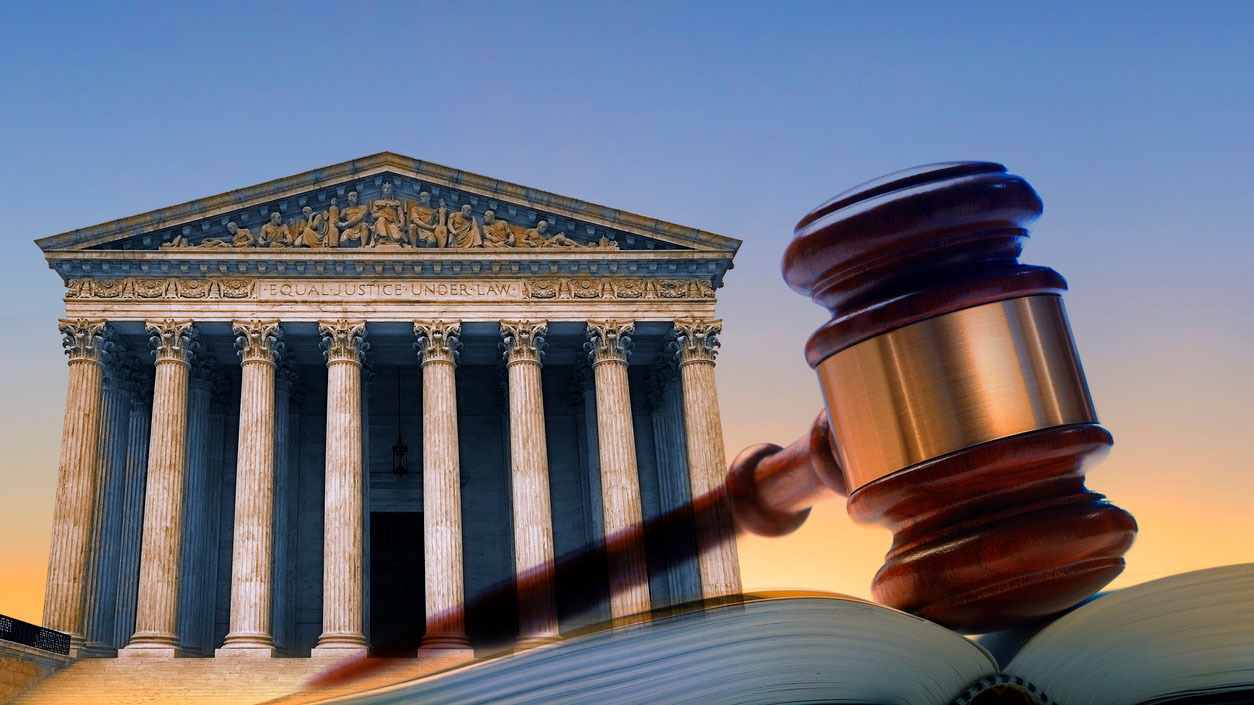Amicus Brief: Greenberg v. Lehocky

Introduction
In March, a federal district judge invalidated a new rule of attorney conduct that the Pennsylvania Supreme Court approved last year, finding that it ran afoul of constitutional speech protections and was “unconstitutionally vague.”
The rule at issue, based on the controversial American Bar Association Model Rule 8.4g, says a lawyer cannot “knowingly engage in conduct constituting harassment or discrimination” based on grounds including race, sex, gender identity, and religion. It has been criticized by leading First Amendment scholars on precisely the same grounds that the district court cited: that it would subject lawyers to discipline for protected political (and other) speech. Pennsylvania's attorney-discipline authority appealed the case to the Third Circuit.
The Manhattan Institute, joined by the Bader Family Foundation and civil-rights lawyer Hans Bader, has filed an amicus brief arguing that the attorney regulation violates the First Amendment because it (1) punishes speech that's not “severe or pervasive” enough to create a hostile work environment under federal and state employment law; (2) punishes constitutionally protected speech; and (3) doesn't give fair warning, setting up an arbitrary enforcement regime.
Ilya Shapiro is a senior fellow and director of Constitutional Studies at the Manhattan Institute. Follow him on Twitter here.
Are you interested in supporting the Manhattan Institute’s public-interest research and journalism? As a 501(c)(3) nonprofit, donations in support of MI and its scholars’ work are fully tax-deductible as provided by law (EIN #13-2912529).